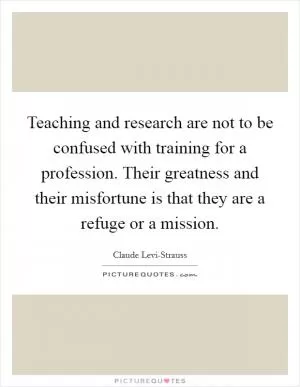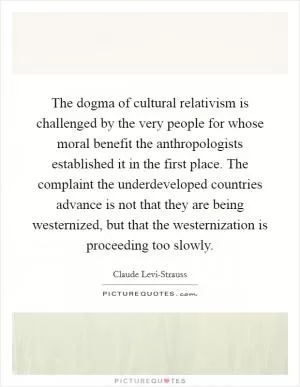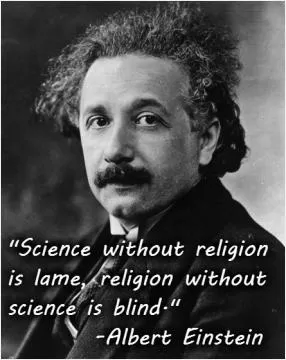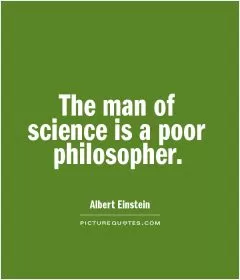The scientist is not a person who gives the right answers, he's one who asks the right questions

Science QuotesRight Question QuotesRight Answer QuotesRight Questions QuotesRight Answers QuotesClaude Levi-Strauss Quotes
The scientist is not a person who gives the right answers, he's one who asks the right questions
Claude Levi-Strauss, a renowned French anthropologist and ethnologist, is often considered a pioneer in the field of structural anthropology. His work focused on understanding the underlying structures and patterns that govern human societies and cultures. Levi-Strauss believed that the key to unlocking these structures lay in asking the right questions rather than providing definitive answers.In his seminal work, "The Savage Mind," Levi-Strauss argued that the role of the scientist is not to simply provide solutions or explanations, but to challenge existing assumptions and explore new possibilities. He believed that by asking the right questions, scientists could uncover hidden connections and relationships that would lead to a deeper understanding of the world around them.
Levi-Strauss's approach to anthropology was deeply influenced by his background in philosophy and linguistics. He was particularly interested in the ways in which language and symbolism shape human thought and behavior. By asking probing questions about the underlying structures of language and culture, Levi-Strauss was able to uncover universal patterns that transcended individual societies and cultures.
One of Levi-Strauss's most famous contributions to anthropology was his theory of structuralism. This theory posited that all human societies are governed by underlying structures that shape the way individuals think and behave. By analyzing these structures, Levi-Strauss believed that anthropologists could gain insight into the fundamental principles that govern human society.
Levi-Strauss's emphasis on asking the right questions rather than providing definitive answers has had a lasting impact on the field of anthropology. His work has inspired generations of scholars to approach their research with a sense of curiosity and open-mindedness, always seeking to uncover new insights and connections.












 Friendship Quotes
Friendship Quotes Love Quotes
Love Quotes Life Quotes
Life Quotes Funny Quotes
Funny Quotes Motivational Quotes
Motivational Quotes Inspirational Quotes
Inspirational Quotes